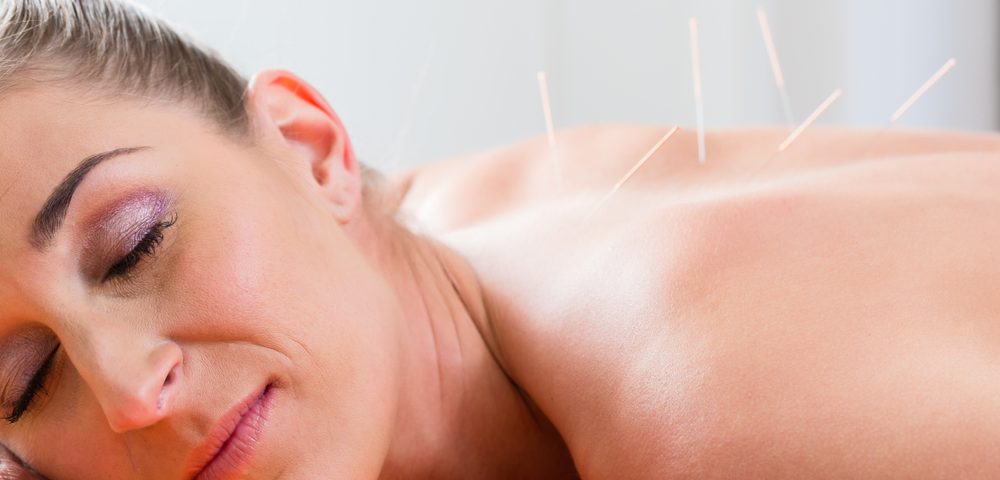A clinical trial will aim to determine the safety and effectiveness of acupuncture in relieving pelvic pain related to endometriosis.
One-hundred-six participants who have been diagnosed with pelvic pain linked to endometriosis will be recruited for the trial (NCT03125304) , which will be performed at four centers in China.
The study, “Efficacy of acupuncture on pelvic pain in patients with endometriosis: study protocol for a randomized, single-blind, multi-center, placebo-controlled trial,” was published in the journal Trials.
Traditional acupuncture is based on the belief that an energy, or “life force” – the so-called chi – flows through the body. Blocking the chi is believed to cause illness, and the manipulation of acupuncture needles at specific points on the body is thought to restore the flow of chi.
Acupuncture is popular in Chinese medicine for alleviating pain. However, evidence of its effectiveness for pain relief in women with endometriosis is limited.
Patients will be randomly assigned to either an acupuncture group or a control group. The acupuncture group will receive needles at acupoints in the abdomen and legs. The control group also will receive acupuncture, but at non-acupoints in the shoulders and upper arms.
Treatments will be carried out by two experienced acupuncturists who are licensed by the Ministry of Health of China.
In Phase 1, participants will receive three months of acupuncture treatments. The acupuncture sessions will be administered once a day, three times a week and last 30 minutes.
The sessions will start seven days before the expected menstrual cycle. During the menstrual period, patients will receive acupuncture every day when they have endometriosis-associated pelvic pain.
Phase 2 will be a follow-up period of three months with no treatments.
The trial’s main goal is to assess the effect of acupuncture in pelvic discomfort, which will be measured with a visual analog scale (VAS).
The study also will measure patients’ quality of life using the Endometriosis Health Profile −30 (EHP-30). The questionnaire will be administered at three stages – the beginning of the trial, the end of the three months of treatment, and at the end of the follow-up period. Patients’ physical functioning will be measured by a multi-dimensional pain inventory, a self-report that analyzes the effect of pain on an individual’s life.
Secondary objectives will assess patients’ emotional functioning and satisfaction. Each participant will maintain a diary to record the specific time, frequency, and duration of pain attacks.
Overall, this study “will compare the effectiveness and safety of acupuncture with comfort needles on pelvic pain related to endometriosis in the hope of providing significant evidence for using acupuncture on pelvic pain related to endometriosis,” the researchers said.

